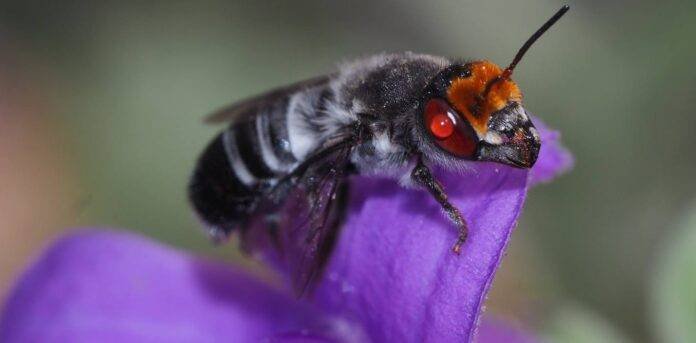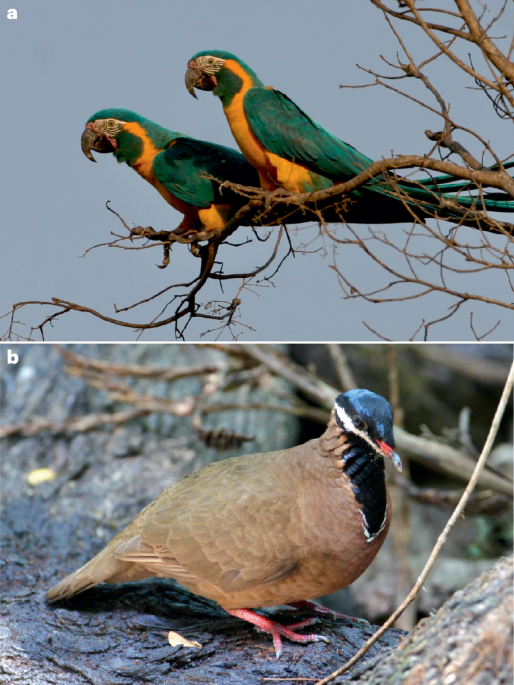J.P. and M.M. acknowledge the support of the Penn State Institute of the Energy and Environment for providing funding to participate at COP16 in Cali, Colombia and funding from the Howard Hughes Medical Institute’s Gilliam Program. The authors express their gratitude to the Colombian scientific diaspora who participated in our virtual and in-person events, with special recognition to N. Matiz from BioGeCo-Germany, Y. Tibaduiza from the Asociación Académica y Científica de Colombianos-México, F. Colmenares from BERSTIC network, N. Arias from The Organization for Women in Science for the Developing World Colombian Chapter, F. Galia and E. Gross from ColiFri-France, M. Florez from the Gremio Doctoral Colombiano, and the ‘Mesa Intersectorial de Diplomacia Científica de Colombia – MIDICI’.






